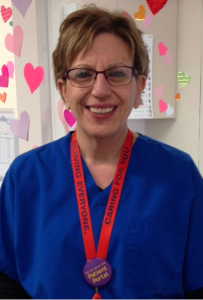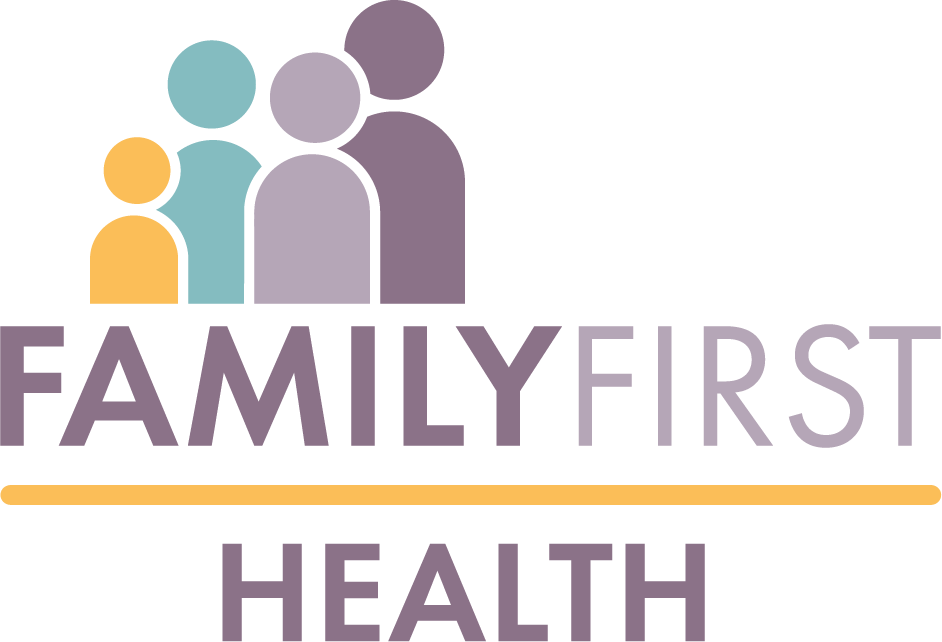 Title: Clinical Support Staff Supervisor, Lewisberry
Title: Clinical Support Staff Supervisor, Lewisberry
Years at Family First Health: 10
Angel Wagner, a clinical support staff supervisor at our Lewisberry office, loves nursing and loves to serve.
“I believe everyone deserves to have the best health care possible,” said Angel. “A lot of our patients have enough barriers in their lives to overcome, and finding a health care home they can trust to get the quality care they need, is awesome. That’s why I work at Family First Health”
In her free time, Angel is involved in several outreach ministries including the Power Pak Program, Soul Food Ministry and Neighborhood Fun Night. Her work in the community also allows Angel to have a fuller connection with patients, as they benefit from many of the programs.
“I love working at Family First Health and plan to stay until my nursing career ends” Angel said.


 Title: RN, Nurse-Family Partnership program
Title: RN, Nurse-Family Partnership program





